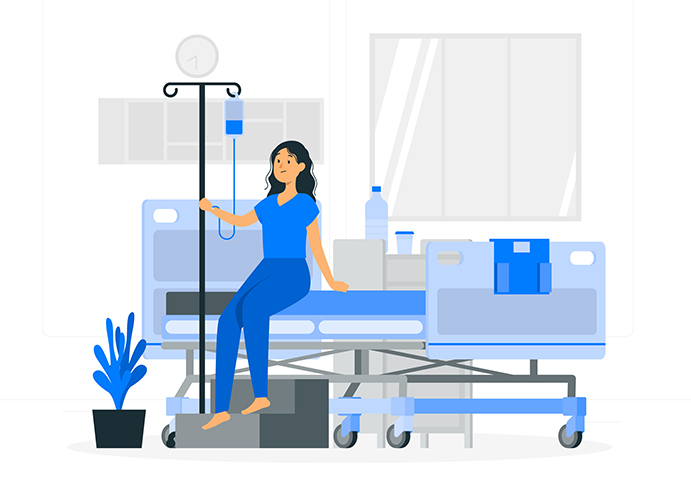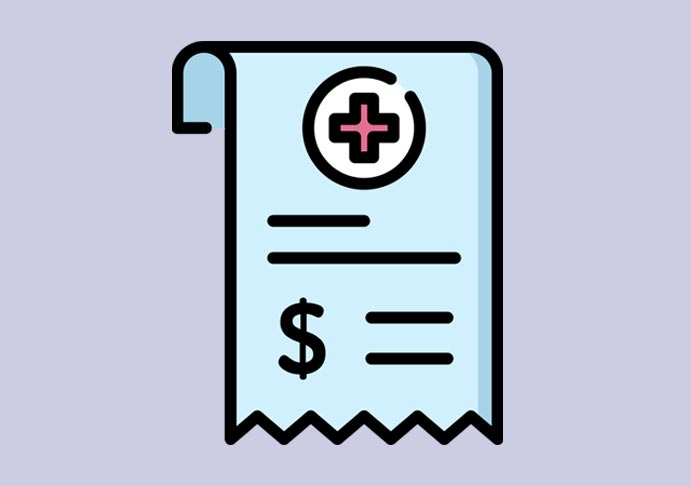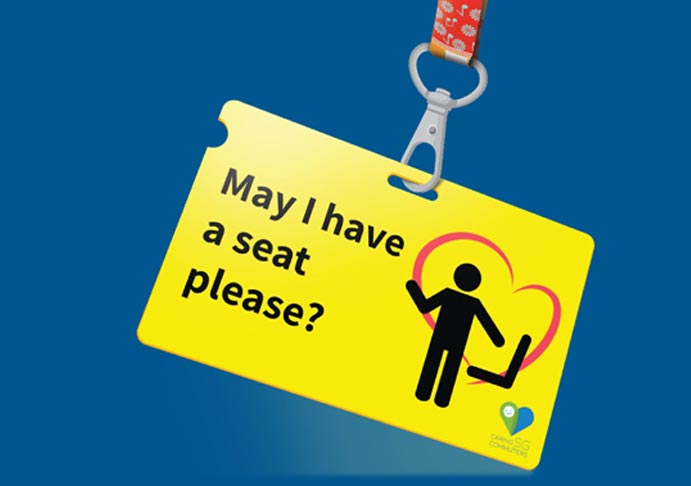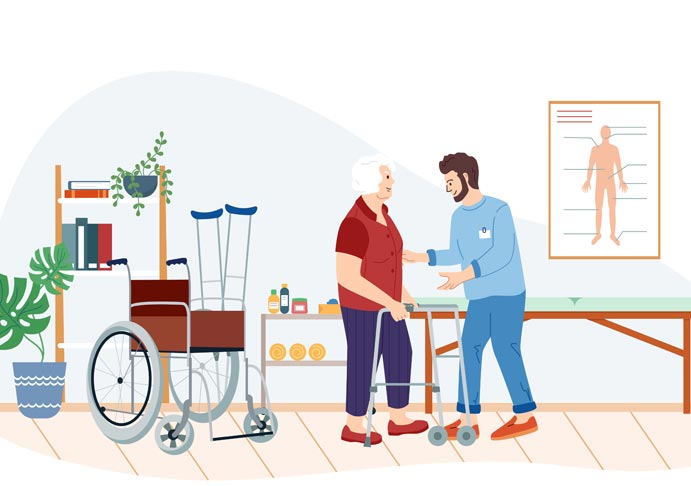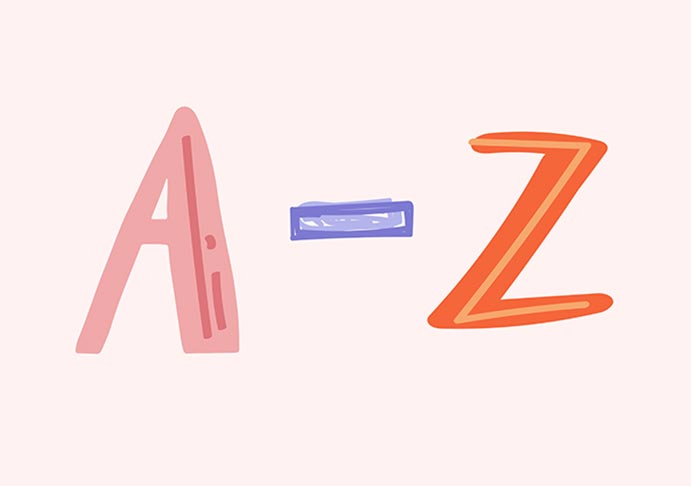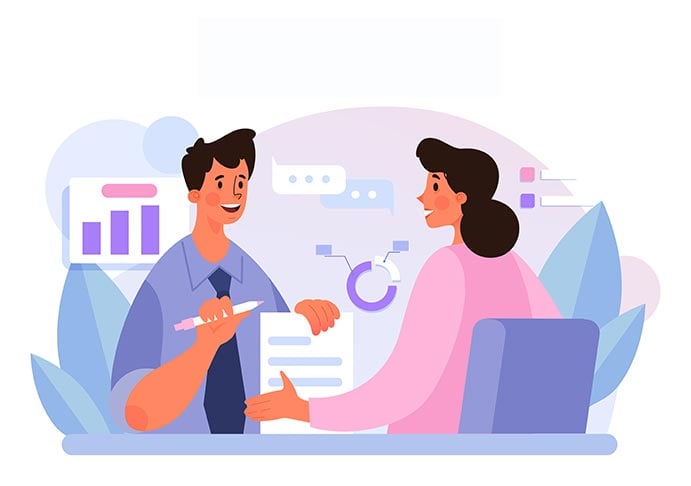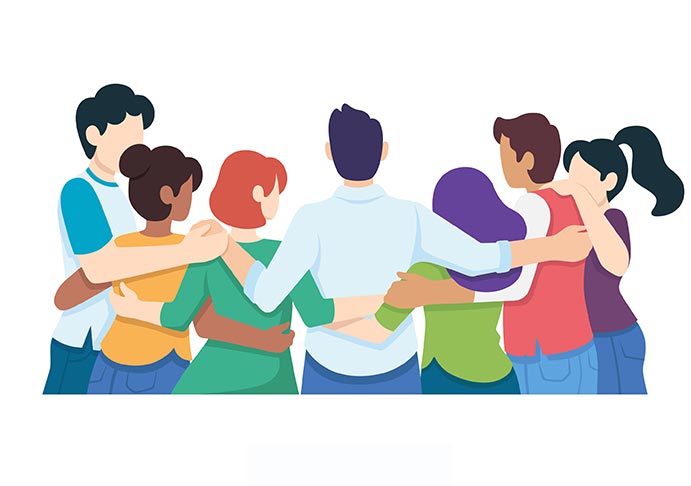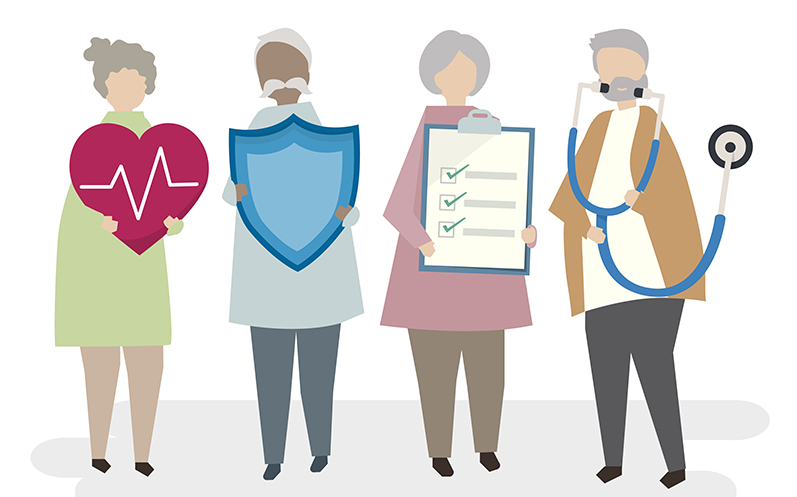
A caregiver is someone who assists with meeting the needs of a person with short- or long- term limitations due to an illness, injury, frailty or disability. The needs of the person may vary over time and can be broadly categorised into physical, health and medical, emotional and psycho-social, spiritual as well as financial.
Being a caregiver for your loved ones can be a fulfilling and meaningful role. The journey can even help strengthen the relationship between both of you. However, there can be times when caregivers like yourself, face challenges such as finding the relevant resources and acquiring more information about your loved one's condition. Some of you may also feel inadequate in care management of your loved ones or feel isolated in your caregiving journey. Support given to tackle these common challenges faced by caregivers can boost your skills, knowledge and confidence to help you cope better in your caregiving journey. In turn, this will enhance the well-being of the loved ones you are taking care of.
At NUHS, we recognise that every caregiver of a patient receiving care and treatment at our institutions faces a unique set of needs and issues during the caregiving journey for his or her loved one. Through this resource page, we will like to support all caregivers by providing easy accessibility to navigate through a variety of available resources, information and educational talks/training. In addition, you can also raise your awareness of the types of support groups and programmes that you can join with your loved one.
Caregiving is a constant learning experience. Most of us are untrained and learning as we go. Remain positive and stay on your path.
- Vivian Frazier
Explore the Caregiver Resource Link which consolidates various caregiver navigational tools and useful information on how you can seek support for yourself and your loved ones. Alternatively, you can explore the specific sections below for the various components of the Caregiver Resource Link as well as other information which you may be interested in.


